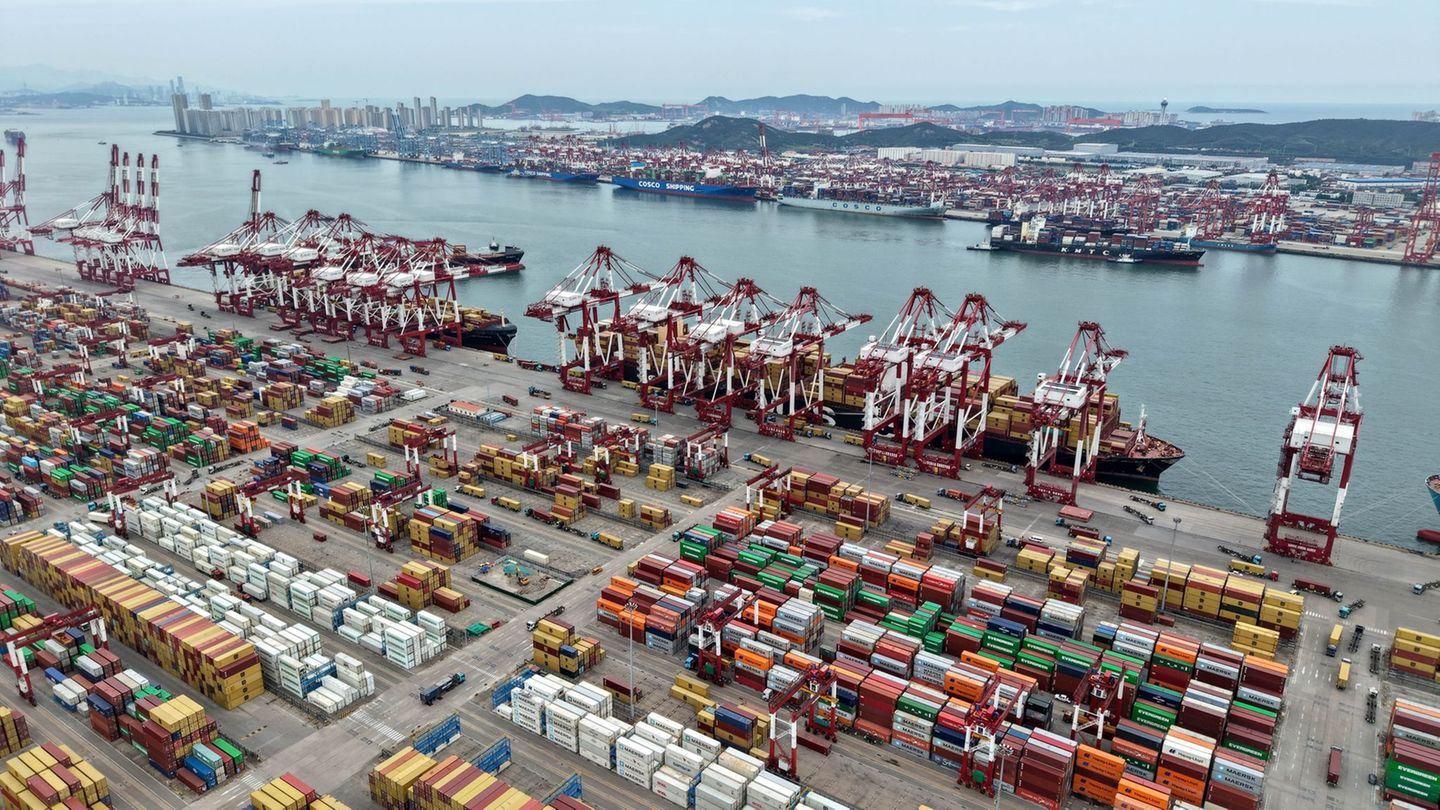President Macron has begun to seek a way out of Sunday’s election debacle. Since he only has a simple majority in parliament, he needs supporters.
French President Emmanuel Macron has started looking for government options after his defeat in the parliamentary elections with the loss of an absolute majority.
On Tuesday, the head of state received the leaders of the parties represented in parliament one after the other at the Élysée Palace in Paris to explore possibilities for constructive cooperation or a coalition. These talks should be completed by Wednesday, according to the Élysée Palace. From the initial reactions of the party leaders involved, no solution was initially in sight.
Meanwhile, Macron rejected a resignation request from Prime Minister Elisabeth Borne on Tuesday morning. The Élysée Palace announced that he wanted her to stay in office and the government to remain able to act. The resignation of the incumbent government after the parliamentary elections in France is usual and more of a formal act. Now, however, the situation is a special one. In the election on Sunday, the president’s centre-camp did not receive an absolute majority but only a simple majority, a situation that had not existed in France for more than 30 years.
Ministerial meeting instead of cabinet meeting
The cabinet meeting originally planned for Tuesday was cancelled. Prime Minister Borne instead called the ministers to a meeting in the government in the afternoon. Two women ministers and one state secretary in the incumbent government have to vacate their posts anyway because they didn’t win their constituency in Sunday’s election. Macron had set this rule in advance. A government reshuffle is expected in the next few days. Which party or group in Parliament Macron gains support from is likely to have an impact. Whether Borne will remain head of government in the long term is an open question.
According to the provisional official final result, the Macron camp came to 245 of the 577 seats on Sunday and thus missed an absolute majority. The new left alliance, led by left-wing politician Jean-Luc Mélenchon, won 131 seats. Marine Le Pen’s right-wing national Rassemblement National party gained a massive 89 seats. The traditional Republican People’s Party and its allies got 74 seats, a bitter loss.
Left-wing politician Mélenchon continued to bite on granite on Tuesday with his push, which he had started the day before, to move into parliament with the left-wing alliance as a joint group. On the other hand, the Socialists, Communists and Greens continue to insist on the rule that each party acts independently in Parliament. The influence of the Eurosceptic Mélenchon is thereby diminished. His left party alone is only the third strongest force in parliament behind the right-wing national Rassemblement National and Macron’s middle camp. The left alliance with all partners together would be the strongest opposition group.
Source: Stern
David William is a talented author who has made a name for himself in the world of writing. He is a professional author who writes on a wide range of topics, from general interest to opinion news. David is currently working as a writer at 24 hours worlds where he brings his unique perspective and in-depth research to his articles, making them both informative and engaging.




